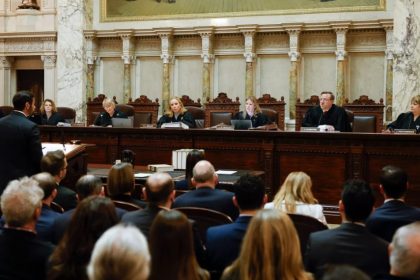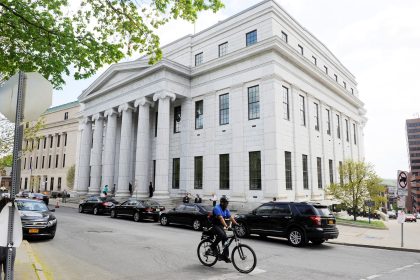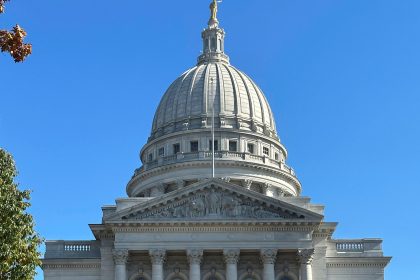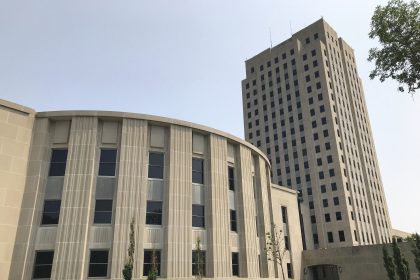Judicial Panel Selects New District Maps for North Carolina
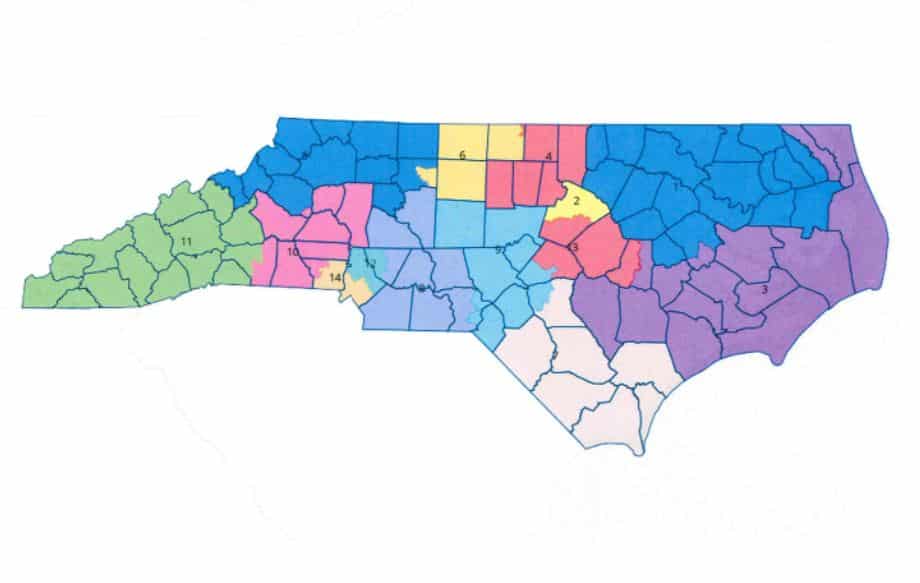
RALEIGH, N.C. — A three-judge panel of superior court judges Wednesday adopted new maps for congressional and state legislative district boundaries for the state, though the congressional map is only to be used in the upcoming midterm election.
In selecting an “interim” congressional map drafted by special masters appointed by the court, the panel of Wake County Superior Court judges rejected, yet again, a map drawn by the Republican-controlled general assembly.
While the panel acknowledged the latest iteration of the Republican map was more competitive and split fewer districts than the previously enacted map tossed by the state Supreme Court, it found that it still did not meet statistical standards for partisan fairness.
It went on to say, “The partisan skew … is not explained by the political geography of North Carolina.”
The special master’s map, on the other hand, “achieves the partisan fairness and ‘substantially equal voting power’ required by the Supreme Court of North Carolina without diluting votes under the Voting Rights Act while maintaining the number of county splits, retaining equal population, compactness and contiguity, as well as respecting municipal boundaries,” the panel said.
The interim congressional map will only be used for the 2022 election cycle, after which a new map will have to be adopted.
When it came to the new district maps for the state House and Senate, the general assembly fared far better, seeing both of its maps adopted.
The court found that the general assembly properly applied partisan data, considered Voting Rights Act requirements and followed neutral redistricting criteria in drawing the remedial legislative proposals.
All three sets of plaintiffs who had previously challenged the maps, raised objections to the state Senate remedial plan, claiming it unfairly favors Republicans.
In response the panel said, “To the extent there remains a partisan skew in the Remedial Senate Plan, that partisan skew is explained by the political geography of North Carolina.”
Democratic Gov. Roy Cooper released a statement soon after the decision, calling the state Senate map “blatantly unfair and unconstitutional.”
“That’s bad for North Carolina because it strips voters of their voice in our democracy. Our elections should not go forward until we have fair, constitutional maps,” Cooper said.
Wednesday’s approval of the maps by the noon deadline, set by the North Carolina Supreme Court, means, barring a last-minute appeal, that candidate filing may resume as early as Thursday for the May 17 primary.
Any appeal of the trial court’s order must be filed in the North Carolina Supreme Court by 5 p.m. eastern time Wednesday.
Dan can be reached at [email protected] and at https://twitter.com/DanMcCue


















